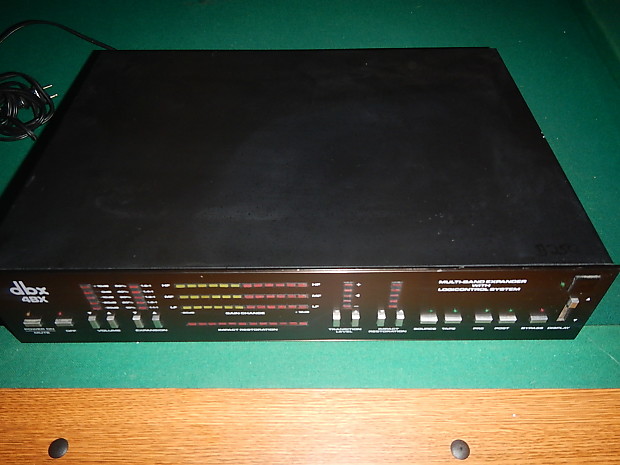I've had a concept for a multi band compressor for a bunch of years now. I don't have the skills to do the design and it wouldn't make sense as a one off. I've been unsuccessful at enticing anyone to take this on.
If there are any manufacturers lurking out there who think a multi band compressor makes sense for them please get in touch. I'm not looking to make any money. I just want to see this thing made.
The only current competing products are the Maselec and the Tube Tech. I don't think the Tube Tech is very popular. I think my concept brings something new to the table.
Hope springs eternal.
If there are any manufacturers lurking out there who think a multi band compressor makes sense for them please get in touch. I'm not looking to make any money. I just want to see this thing made.
The only current competing products are the Maselec and the Tube Tech. I don't think the Tube Tech is very popular. I think my concept brings something new to the table.
Hope springs eternal.













![Electronics Soldering Iron Kit, [Upgraded] Soldering Iron 110V 90W LCD Digital Portable Soldering Kit 180-480℃(356-896℉), Welding Tool with ON/OFF Switch, Auto-sleep, Thermostatic Design](https://m.media-amazon.com/images/I/41gRDnlyfJS._SL500_.jpg)





















